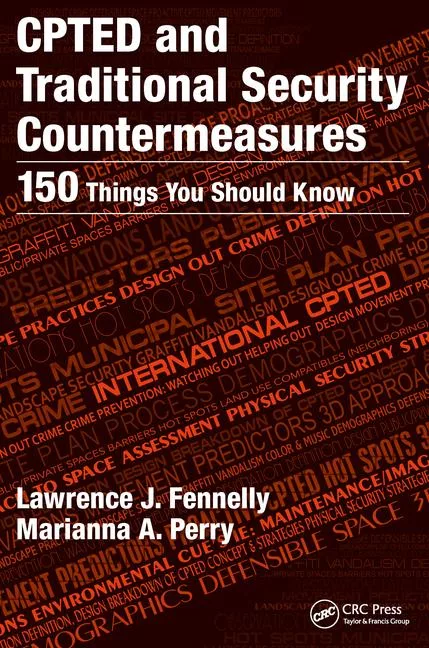Senators Reintroduce Campus Sexual Assault Bill
Twelve US senators introduced a “strengthened version” of an act that aims to hold university administrators accountable for acts of sexual violence on their campuses.
The Campus Accountability and Safety Act, which was first introduced last year, would set uniform regulations for the disciplinary procedure concerning cases of sexual assault. Under the law, colleges would be required to adhere to several new initiatives including providing confidential advisors for victims of sexual harassment, violence and stalking, extending the time bracket in which students are able to report an incident after it takes place, and requiring investigators to notify the accuser and the accused within 24 hours if disciplinary action is pursued. Furthermore, students at every U.S. university will be surveyed about their experiences with sexual violence for the government to gain a more accurate picture of college cases of sexual assault. The information would then be published biannually.
The new legislation would also increase the monetary fine that universities face for violations of the Federal Clery Act, the regulation requiring colleges and universities to maintain and disclose information about crime on or near their campuses, and the Title IX legislation. The maximum penalty of $35,000 per violation would increase, allowing charges of up to $150,000 per violation. Financial penalties would be collected and distributed to campuses through a grant program supporting victims and survivors of sexual assault, and for conducting research.
Sen. Kirsten Gillibrand, D-N.Y., said in a statement that she hopes the new bill will hold colleges accountable for keeping their colleges safe. “We know this problem is pervasive and too often swept under the rug by institutions that fail students,” Gillibrand said. “Right now, some colleges and universities are more inclined to expel a student for cheating on an exam than for committing sexual assault.”
"Sexual assault is not some mere code of conduct violation," Sen. Chuck Grassley, R-Iowa, said in a release. "It is a major criminal offense. Like with any crime, weak enforcement makes the problem worse. This bill will start to turn that around,” he said.
Looking for a reprint of this article?
From high-res PDFs to custom plaques, order your copy today!





